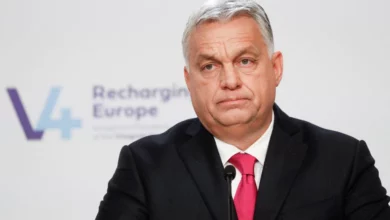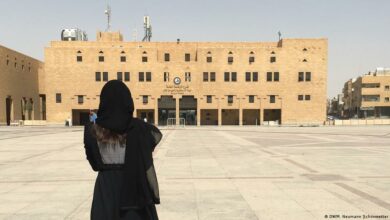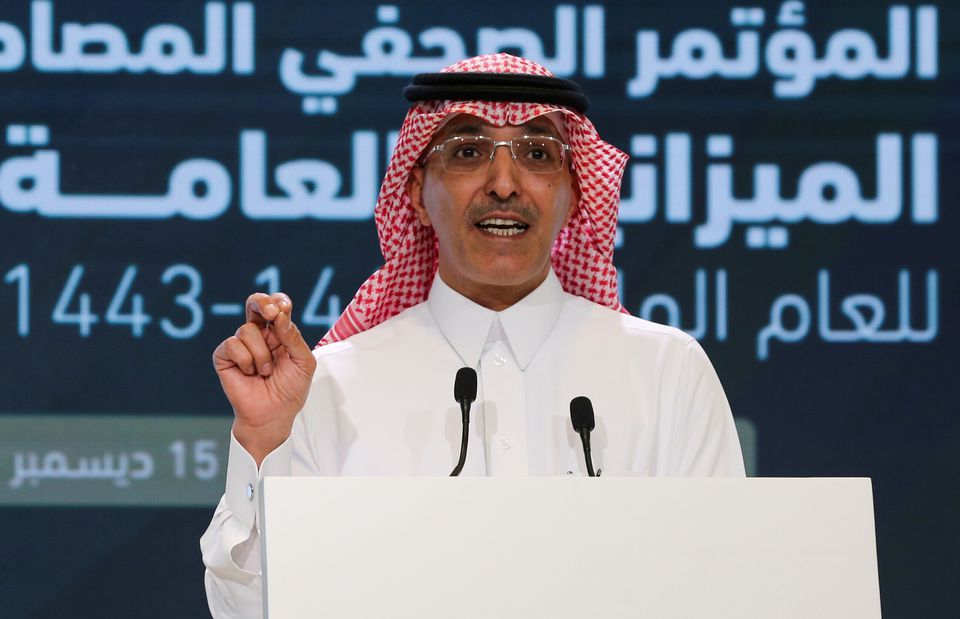The army told one of Egypt’s main activist groups that it intends to hold parliamentary elections in June.
During a marathon five-hour meeting last night with members of the January 25 coalition, a trio of generals said they want to follow the elections with a presidential poll two months later.
But the proposal has been met with dismay by activists, who believe that such early elections will not give Egypt enough time to develop robust political parties without links to the old regime.
Shady El-Ghazaly, who represents the liberal opposition Democratic Front in the coalition, said: “If we have early elections it will probably mean just the Muslim Brotherhood and former NDP members getting into power.”
Instead the coalition has proposed a 12-month interim government, with a “presidential council” of two lawyers or judges and one military figure ruling alongside a cabinet of technocrats.
During the meeting, which was held at military headquarters in the east Cairo district of Abbassiya, the army also rejected calls for embattled Prime Minister Ahmed Shafiq to immediately step down. Members of the 25 January coalition told the military that the best way to stem the tide of anger towards the government would be for Shafiq, a former air force chief, to resign.
But despite promising that he would eventually go the generals did not give a timetable for his removal, according to those present at the meeting.
El-Ghazaly said activists “could not understand” the military’s position.
He added: “We tried to push them but they would not give us a timetable for Ahmed Shafiq’s departure. We told them it would release a lot of tension and help slow down the protests.”
Islam Lutfi, a member of the Muslim Brotherhood’s youth and student committee who is also with the coalition, said: “We stressed Shafiq has to resign now to make people quiet–and people will be quiet if he goes.”
The generals invited the coalition to direct talks with Shafiq, but the invitation was refused.
During the meeting the coalition also called for the resignation of five other cabinet ministers–Minister of Interior Lt. General Mahmoud Wagdy Mohamed Mahmoud; Minister of the Justice Mamdouh Marie; Minister of Foreign Affairs Ahmed Aboul Gheit; Minister of Trade and Industry Samir Youssef Ali El-Sayyad; and Minister of Petroleum Mahmoud Latif Amer.
The army again refused to give a timetable for the removal of the ministers.
Representatives from the 25 January coalition, which includes the April 6 group and Mohamed El Baradei supporters, also raised the issue of army violence against demonstrators.
On Saturday the Supreme Council of the Armed Forces apologized after activists were beaten by the army in the early hours of the morning in both Tahrir Square and Qasr al-Eini Street.
According to El-Ghazaly the January 25 coalition told the generals that “violence against demonstrators is not acceptable by any means.”
“They should have some other plans to keep protests under control,” he said. "They said sorry in a statement, but we said we need to see a practical apology, such as seeing the people responsible punished. But I don’t think they are going to do that.”
He added that the army said if people continue to break the midnight curfew there is a chance that violence could break out again.
During the talks the generals also explained that political reform is relatively slow because they do not have experience in government. Lutfi said: “They defended themselves. They said the previous regime didn’t leave behind clear information and they are trying to figure out what’s going on.”




